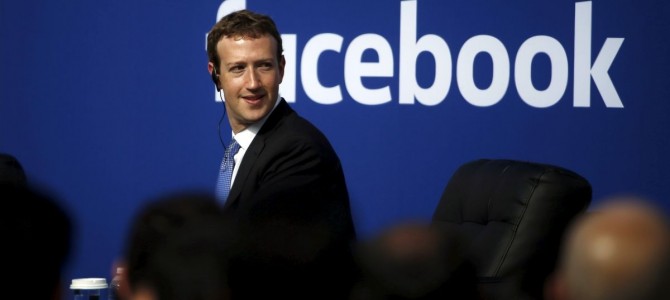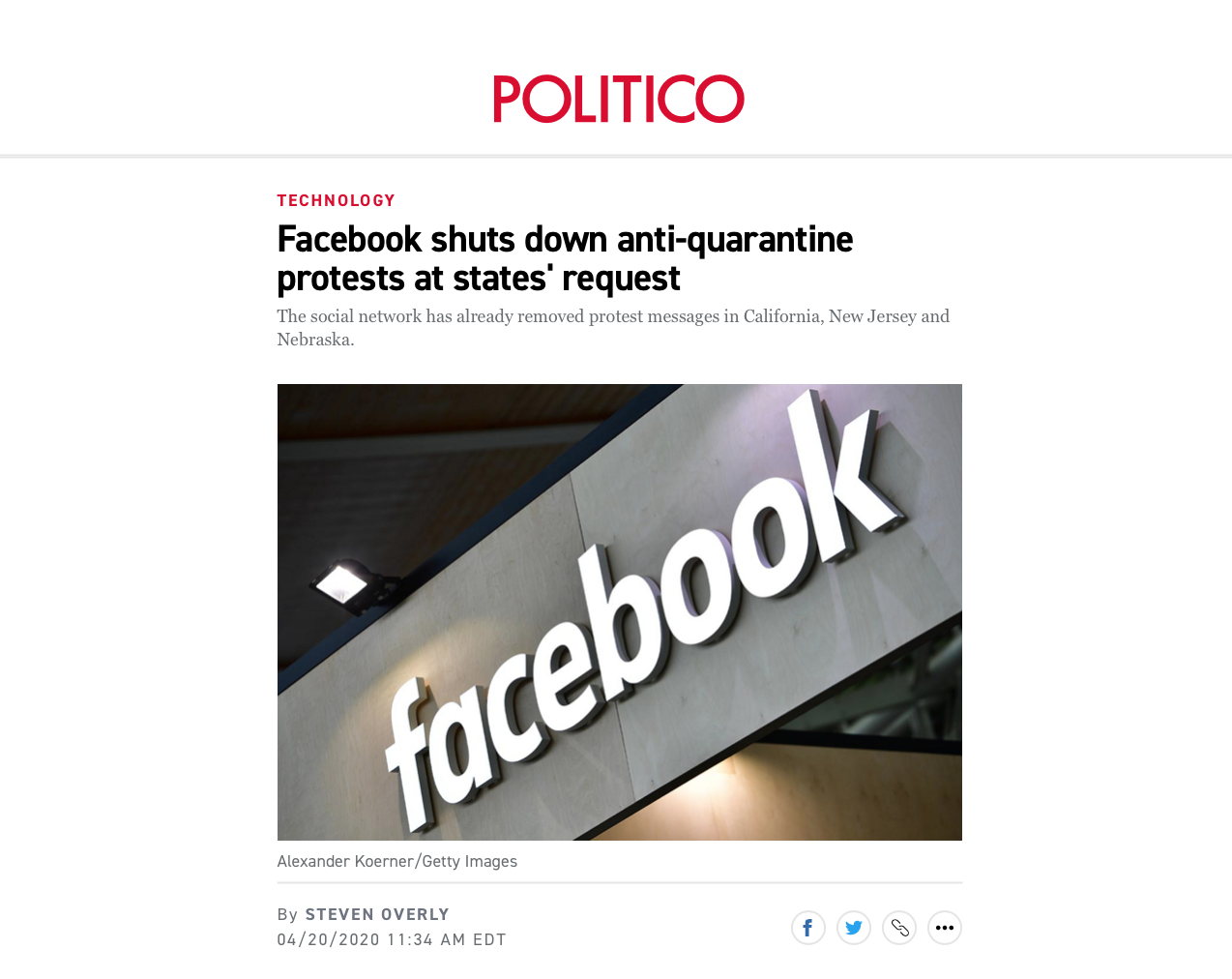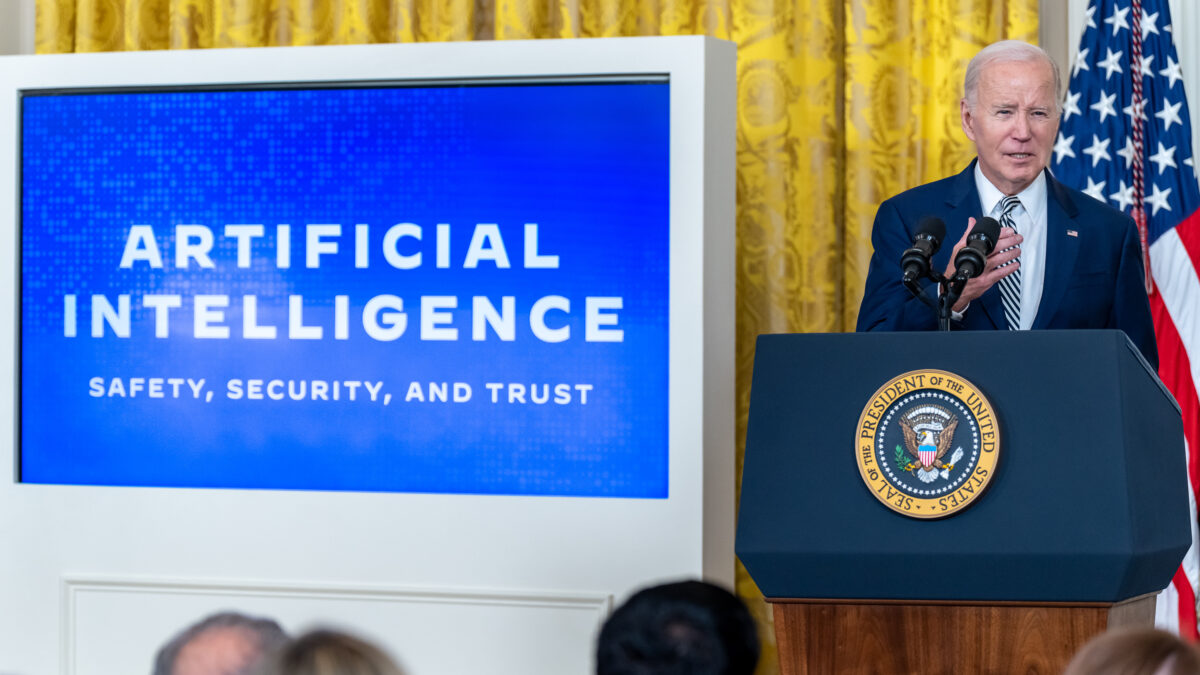
Experiencing a pandemic on the scale of the Wuhan coronavirus in the age of Big Tech is a journey into uncharted territory, making the industry’s often cozy relationship with the political class a recipe for new abuses of personal data and speech policing. Facebook didn’t provide much confidence in its ability to navigate these waters on Monday.
At first, the company seemed to be bragging about its work with state governments to remove posts promoting protests of lockdown guidelines. After state governments disputed that characterization, Facebook said it had only consulted the local officials for information on the scope of their guidelines.
On Monday evening, a Facebook company spokesperson clarified the platform’s approach to The Federalist. “Unless government prohibits the event during this time, we allow it to be organized on Facebook,” they said. “For this same reason, events that defy government’s guidance on social distancing aren’t allowed on Facebook.”
Speaking on background, the Facebook source added, “We review content about the protests against our policies and whether the protest calls for social distancing where that is required. We require protests to make calls for social distancing clear in their event in states where that is required for protests.”
“State officials can contact us to inform us on their guidance as it relates to social distancing in their state,” they continued. “We reached out to state officials to understand the scope of their orders, not about removing specific protests on Facebook.”
Several news outlets reported early Monday that a Facebook spokesperson sent a statement claiming the company removed posts that promoted quarantine protests from its website at the direction of state governments.
Here’s what ABC News reported: “A Facebook spokesperson says that the company has taken action to remove anti-quarantine events promoted on the website in California, Nebraska and New Jersey after consultation with state governments who said the events violate their respective state stay-at-home orders, ABC News’ Alexander Mallin reports.” (Emphasis added.)
Here’s what Politico reported: “The world’s largest social network has already removed protest messages in California, New Jersey and Nebraska from its site at the urging of state governments who say those events are prohibited by stay-at-home orders, a company spokesperson said.”
Politico’s original headline, captured by the Wayback Machine, was explicit: “Facebook shuts down anti-quarantine protests at states’ request.”

State officials disputed the assertion they “urg[ed]” Facebook to take down the posts. Facebook did not argue. To the contrary, Andy Stone, the Facebook spokesperson quoted in the original reports, tweeted “to clarify that Facebook reached out to state officials to understand the scope of their stay-at-home orders, not about removing any specific protest events from Facebook.”
Just want to clarify that Facebook reached out to state officials to understand the scope of their stay-at-home orders, not about removing any specific protest events from Facebook.
— Andy Stone (@andymstone) April 20, 2020
As the day unfolded, officials from the governor’s offices in New Jersey and Nebraska confirmed they cooperated with Facebook’s request for information about their state’s guidelines but strongly denied asking for any posts to be removed. That comports with the clarification Facebook offered later on Monday.
So what happened? This could be a case of an innocuously misleading statement fueling confusion with unclear wording. It could be a case of Facebook deliberately misleading the public in order to provide some cover for a controversial decision. It could be a case of sloppy reporting.
The answer lies in Stone’s original statement to media, the full text of which The Federalist has requested from the company, but has not received by publication time. It seems unlikely that several outlets would contemporaneously run stories explicitly based on the same misinterpretation of Facebook’s statement. Even if that were the case, Facebook would almost certainly be eager to provide its original statement and shed the blame.
It’s reasonable to assume, then, that Facebook’s statement mislead the media about its conversations with state governments, grossly overstating the states’ involvement in their decision, perhaps to legitimize a controversial move. That assumption is supported by Stone’s retweet of a CNN reporter who said the company removed event posts “after consultation with state governments,” which would be a strange move if the post grossly misinterpreted his statement.
Of course, it’s good news that Facebook isn’t colluding with the government to determine the boundaries of acceptable speech on its platform. But Facebook either thought it was doing that, or wanted people to think it was—and neither of those possibilities is great. 
In a softball interview with George Stephanopoulos on Monday’s edition of “Good Morning America,” Facebook CEO Mark Zuckerberg said the company was taking down posts about protests that qualified as “misinformation” if the content claimed “social distancing is not effective to help limit the spread of coronavirus.”
But protests of state guidelines are not necessarily predicated on the claim that social distancing is ineffective in limiting the spread of coronavirus. Protesters may believe social distancing is generally effective, but their state guidelines are overly restrictive, unconstitutional, or no longer worth the tragic economic costs. They are not necessarily arguments against the efficacy of social distancing. If you’re a tech company hoping to quell complaints from the corporate media and the left, however, such a generalization provides cover to remove problematic posts.
There are two problems to disentangle here. The first is that Facebook seemed to think colluding with state governments to remove posts promoting lockdown protests, which are reactions to the grave financial distress so many workers are now experiencing, was an action worth promoting.
The second is that Facebook is removing those posts, instead of allowing open debate within reasonable parameters, even if that debate involves arguments it finds distasteful. That’s how we sort fact from fiction, and good arguments from bad ones. Censorship, by the way, often fuels conspiracies to greater heights.
Misinformation is dangerous. There’s no way around that. Social media makes the problem worse. But Facebook is again demonstrating its tenuous ability to police speech fairly and helpfully.









